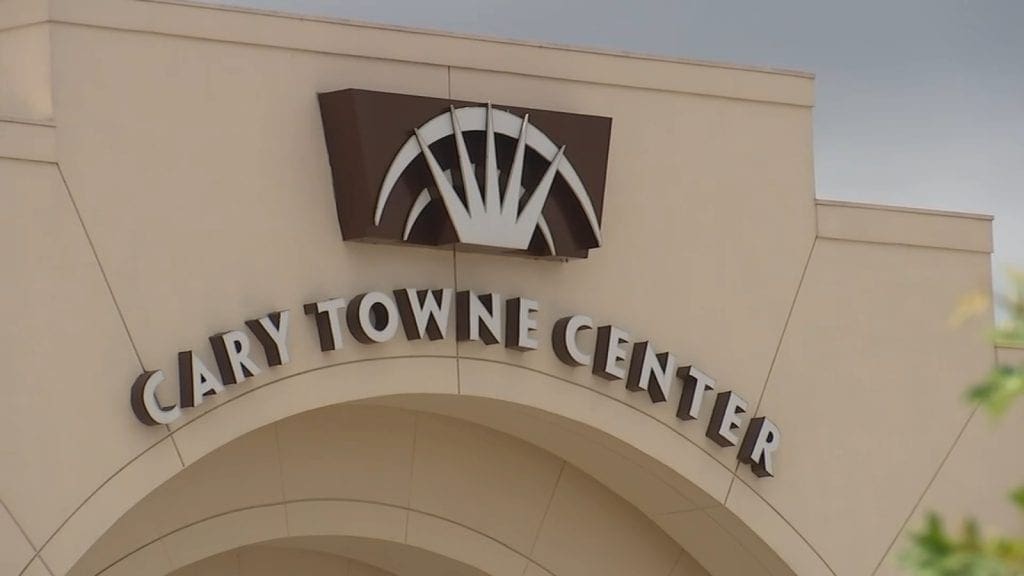Reports indicate that the British government has covertly instructed Apple to establish a backdoor allowing access to all content uploaded by iCloud users globally.
Apple is highly likely to reject this request, potentially resulting in a standoff about privacy akin to the clash between the iPhone manufacturer and the FBI during the San Bernardino case.
British Government Seeks iCloud Backdoor
The Washington Post reveals that the directive was communicated to Apple last month.
U.K. security officials have requested that Apple develop a backdoor that would allow retrieval of all content uploaded to iCloud by any Apple user worldwide, according to sources familiar with the situation, as reported by The Washington Post.
The undisclosed order from the British government, issued last month, demands the capacity to access fully encrypted data, rather than merely aiding in accessing a specific account, and is unprecedented among major democracies.
Considering Apple’s firm stance on privacy, it appears there is no chance that the company will acquiesce to this request, suggesting a potential legal confrontation similar to the one seen in Apple’s 2016 tussle with the FBI.
In that instance, the U.S. government insisted that Apple create a backdoor in iOS to assist the FBI in accessing an iPhone owned by a suspected shooter. Apple’s refusal led to a court case, which ultimately concluded when the FBI successfully accessed the device through a third-party service without Apple’s involvement.
DMN’s Perspective
The British government’s ultimatum is as technically misguided as it is outrageous.
Firstly, a significant portion of the data is secured with end-to-end encryption (E2EE), meaning that Apple does not possess a copy of the encryption keys and cannot decrypt the data.
Secondly, even for the data Apple can potentially provide, law enforcement already has legal avenues to request access. They need only present their case to a judge for a court order, which will assess the competing interests of justice and privacy before making a ruling based on the specific details of each case. When a judge issues such an order, Apple complies to the best of its capabilities.
There is unequivocally no justification for any government to gain unrestricted access to the personal data of every iCloud user worldwide.
It is clear that Apple will not comply, as demonstrated by its previous refusals in the San Bernardino and Pensacola cases, and because similar ground has been covered already in the UK.
In 2023, the British government sought access to iMessages and FaceTime calls, both of which utilize end-to-end encryption. Apple had no feasible way to comply without dismantling E2EE, which it staunchly refused to do, even threatening to withdraw services from the UK if faced with such demands.
Ultimately, the government retreated, issuing a rather unconvincing statement about temporarily halting the initiative. Both past and present governments in the UK have advocated for oppressive laws that afford broad surveillance powers over not only their citizenry but also tech users globally.
Photo by Dima Pechurin on Unsplash
: We use income-earning auto affiliate links. More.



